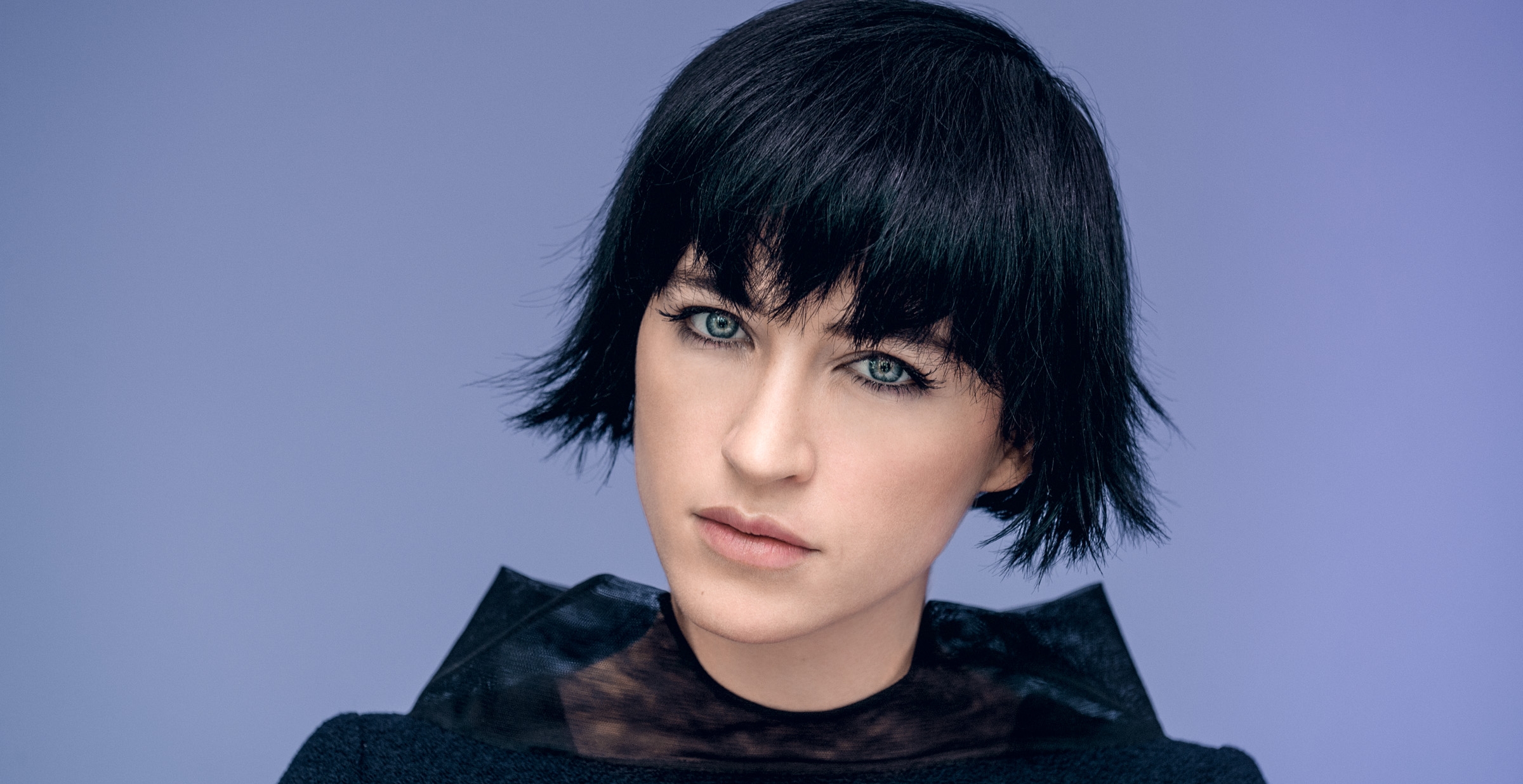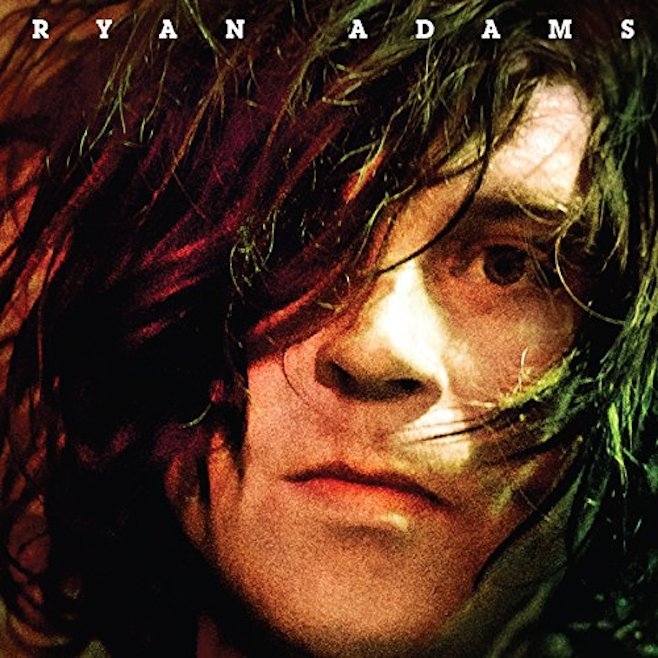“Last night I dreamt that I was paid to be an ambassador at a party that I didn’t want to go to,” Washington begins, an anecdote explaining how she’s feeling about the release of her latest album. “It was at this sprawling place and there were too few people and the party was depressing but I was paid to be there so I went and while I was there my A&R from my record label walked in pushing a trolley and I was like ‘What’s on the trolley? What are you doing here?’ and he said ‘Oh well this is how I supplement my career in the record industry since your record came out. Now I have to sell cleaning products at parties’.” She pauses for a moment, I laugh perhaps prematurely but she finally joins in. “So that’s how my subconscious is dealing with my record coming out; it thinks that my record company has to sell cleaning products in order to deal with it. I’m not panicking, but I obviously must be because that shit’s crazy.”
And that’s how the chat with Washington begins, her earnest, honest nature seeping through the phone from the very beginning. There’s something immediately captivating about her, something warm and yet brutally straight-up, like you know the bullshit of the industry is never going to blind her. To her fans she came out of nowhere – like all hard-working, seasoned performers seem to – with her EP How To Tame Lions. It was an instant favourite on triple j and Washington followed protocol, producing for her new devoted audience a brilliant debut album. So how does the preparation for the release of There, There compare to the heady days of 2010’s I Believe You Liar?
“It’s hard to say because you only know what you know and you don’t know what you don’t know. With the first record I was extremely positive and I was completely self-assured that that record was going to be successful. I had absolute faith in it in the way that only a 23-year-old can when you feel like you know everything. I mean, that’s what everyone thinks when they’re 23 and, it turns out that’s really not the case,” she says, laughing. “Now, weirdly, I feel like I’ve worked harder on this album. They’re very different, the first was written over two years, this one was written over two months – so that in and of itself is going to make for a different relationship to the music. This album is very much an historic record about that chapter of my life, whereas the first was very much a ‘best of’ of everything in my life.”
It’s often only when an album begins to be dissected by media and fans that an artist has the time to step back and look objectively at what they’ve created. Washington is beginning that process now. “People keep saying about this record ‘It’s so honest, are you nervous about it being so honest?’ and the thing I’ve realised is that the place I was in with Sam [Dixon – Sia, Adele] and the culture that we’d made for ourselves was such that it did not seem like honesty was unusual,” she says. “It’s only since journalists started saying that that I’ve come to realise that it is unusual to be honest, but at the time I didn’t think that was remarkable. At the time I just thought I’d write real songs about real things.”
‘Honest’ is also generally just code for ‘literal’. People are surprised when they don’t have to wade through metaphor to find the meaning of a song. “Definitely, and I would argue that is the difference between pop music and alternative music,” she says. “A pop song doesn’t make you work for the point. Like, I Kissed a Girl is pretty straight up. I kinda hate it when people call me a pop singer because when I listen to what’s on the radio I’m not Rita Ora, I’m not Rhianna, you know what I’m saying? It fucks me off when people call me a pop star because I’m clearly not, but if you are gonna use me and pop in the same sentence it would be because of the literal nature of this record. I was at this Ryan Adams gig at the Opera House a few years ago and I had this fucking revelation; I realised that each of his songs are about something. Up until that point I came from the Daniel Johns school of song writing – associative, impressionistic, words that sound right, poetry rather than prose. I can hand on heart say that How to Tame Lions is about nothing and that’s OK because a song like that is an inkblot for the listener to project their own insight.”
Can songs rich in metaphor be just about a mood?
“Yeah maybe about a mood; that’s a good point,” she says. “But Elvis Presley never sang a song about a mood. Thom Yorke does, but Elvis didn’t. That decision, to make the lyrics about something, was a next step in evolution as writer for me. I’m still figuring out how to do music. The cool thing about music is that it’s like a video game with infinity levels that you’ll never finish and this was the next level for me.”
Washington has been honest about the honesty on this album, a double whammy if you will. It’s an apology album, confessional to a degree, and while it’s one thing to sing a song to faceless masses and have a stranger ask you questions over the phone, it’s another to know the subject of your song may actually hear it. With topics so personal and so raw, how has she prepared herself for the stories to be recognised by those involved? “Most people wouldn’t know I’d written about them, up until this record,” she says with a wry laugh, continuing with slight resignation. “Most of the songs are about people who don’t speak to me anymore. If I Believe You Liar was about falling in love with a big love and then Insomnia was about falling out of love with a big love then this record is very much an apology for all the stupid shit I did along the way. The title itself is a consolation, the point of the album is a giant ‘I’m sorry’. But it would be extremely arrogant of me to write an apology album to all the humans I’ve been bad to and then force them to hear it by telling them I wrote about it.”
People are inherently narcissistic though; there will be some who go looking for themselves? “Then they can listen to the record and realise that it’s about them because that’s all our in-jokes and that’s all our stuff that we used to talk about. Maybe they’ll hate me for writing about them, maybe they’ll love me for writing about them, or maybe they’ll feel no different at all… It’s the only way I have to be heard, I suppose. I don’t know if you’ve ever done something wrong but there are just a lot of people in my life that deserved better and I was a crazy, maniac, chain-smoking lunatic. People can handle bad news but once they think they’ve been lied to, it’s really hard to get them back on board. I don’t mind, really, and probably, none of them are going to listen to it. Secondly and most importantly, even if that was the process by which I came to write this music, it’s not the only function of these songs. This music is for everybody, not just me and not just the people I wrote about.”
BY KRISSI WEISS







